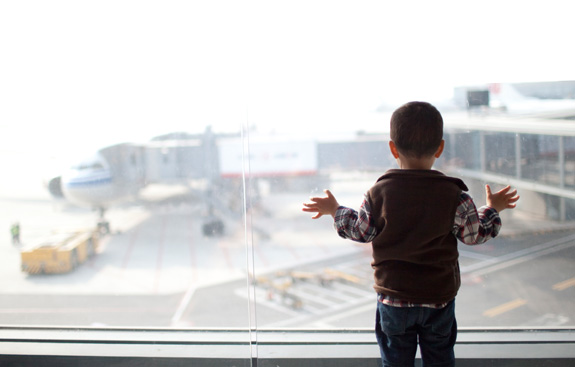More Than 100 Genes Tied To Autism

Genetics have long been thought to be integral in the development of autism. Now, researchers say they’ve identified more than 100 genes likely at play in the developmental disorder. (Thinkstock)
Scientists say they’ve identified scores of genes linked to autism, offering a greater understanding of the roots of the developmental disorder that could lead to better treatments.
Mutations in over 100 genes appear to be connected to autism, according to findings from two studies published Wednesday in the journal Nature.
Moreover, 60 of the genes pinpointed are considered “high-confidence” meaning that there is more than a 90 percent likelihood that mutations in the genes are tied to autism risk. The genes identified are involved in critical processes in the brain, researchers said.
Advertisement - Continue Reading Below
The findings also suggest that the genetics behind individuals with autism who have higher IQs — which mostly affects boys — are markedly different from the genetic basis for those on the spectrum with lower IQs, which is common in both boys and girls.
One of the studies looked at DNA samples from over 2,500 families, each of which included a child with autism, their unaffected parents and, in many cases, typically-developing siblings. Researchers said the findings suggest that de novo mutations contribute in at least 27 percent of such families where only one child is affected, meaning that the variation is not present in the mother or father’s genetic code, but appears spontaneously in the sperm or egg just before conception.
The other study analyzed nearly 14,000 DNA samples from individuals with autism and compared them to their unaffected parents as well as others with similar ancestry but no autism.
“Before these studies, only 11 autism genes had been identified with high confidence, and we have now more than quadrupled that number,” said Stephan Sanders, an assistant professor of psychiatry at the University of California, San Francisco who had a hand in both studies.
The work involved researchers at more than 50 laboratories around the world.
The studies pave the way for identifying as many as 1,000 genes associated with autism, researchers indicated. However, the mutations appear to be concentrated within a smaller number of key biological functions, offering areas to target for treatment, they said.
Read more stories like this one. Sign up for Disability Scoop's free email newsletter to get the latest developmental disability news sent straight to your inbox.

